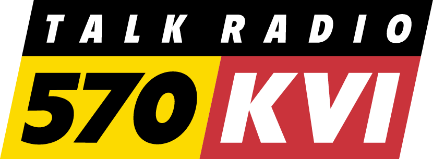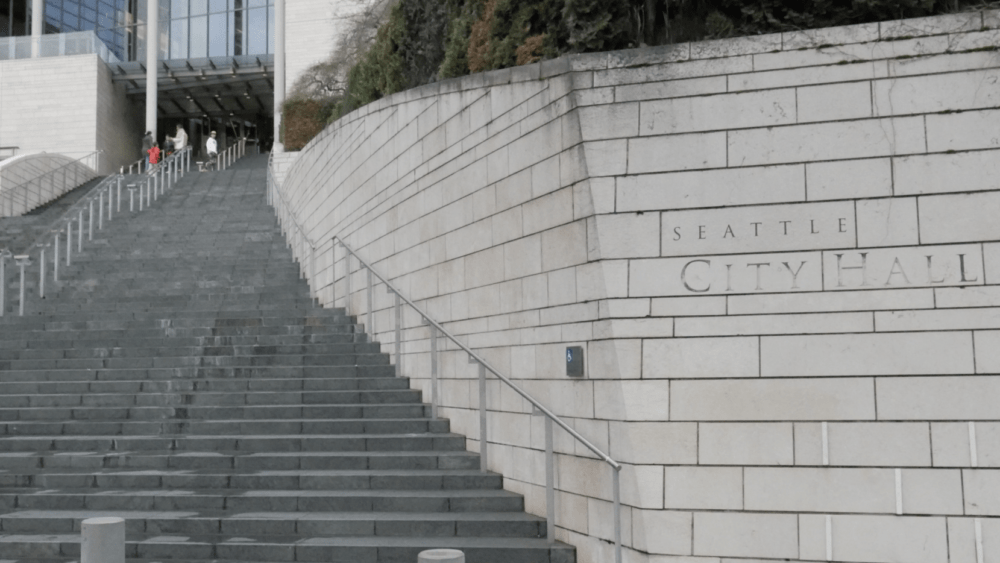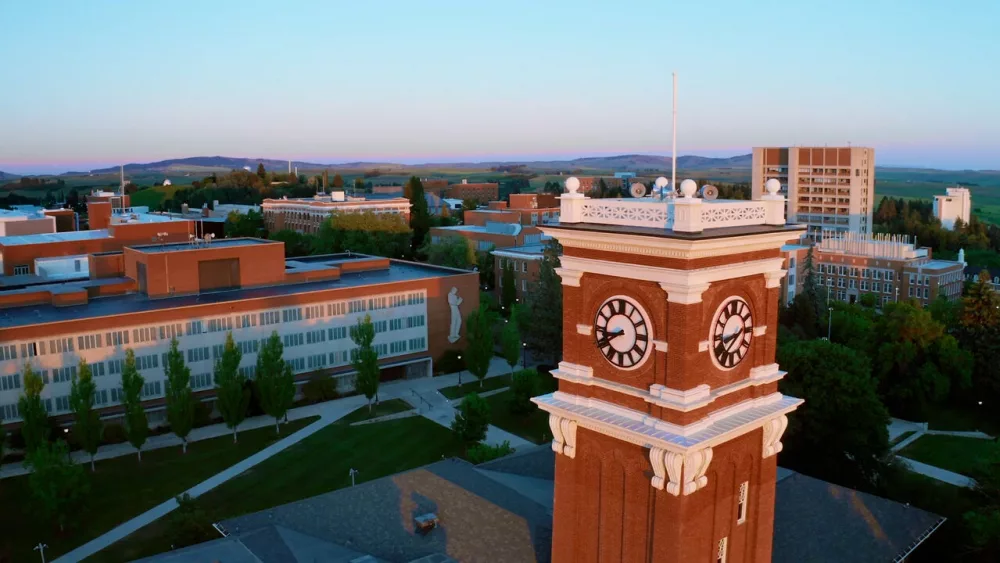(The Center Square) – A bill introduced this session in the Washington Legislature would allow local governments to shift their elections to even-numbered years only, a move proponents say would increase voter turnout. However, the bill has received some pushback due to a provision that would mandate the change for some justification based on recent voter participation levels.
HB 1932 sponsored by Rep. Mia Gregerson, D-SeaTac, would alter existing state law to permit cities, towns, and some special purpose districts to shift all their elections to even-numbered years, which would include local initiatives. To do so, the local governing body would have to pass an ordinance, or have voters approve a proposal referred to them.
Gregerson told members of the House State Government & Tribal Relations at a Jan. 9 public hearing that the policy is based on data showing voters tend to participate in elections in greater numbers during even-numbered years compared to odd-numbered years.
“I think we all agree that when more people participate in an election, we have better results,” she said. “This is not actually a partisan issue. Lots of different places across the country talk about this issue.”
Also testifying in favor of the bill was its cosponsor, Rep. Darya Farivar, D-Seattle. She told the committee that “Young people are part of the communities that are being left behind, that do not turn out to vote,” saying the bill is about “making sure we have the best democracy we can possibly have.”
However, some committee members questioned a section of the bill that requires a local government switch to odd-numbered years only if voter turnout had been less than 40% for three consecutive election cycles.
Rep. Sam Low, R-Lake Stevens, noted that while some local governments can have hotly contested races that increase voter turnout, other jurisdictions don’t because residents are satisfied with their elected officials.
“Sometimes when citizens are happy with their leadership they might not run candidates challenging the current mayor, because they like the current mayor,” he said.
Rep. Greg Cheney, R-Battlefield, also expressed some skepticism of eliminating odd-numbered year elections, stating that during those years “you can identify structural weaknesses in your election processes.”
While some testifying such as Fixed Democracy First Executive Director Cindy Black and Alan Durning with the Sightline Institute expressed strong support for the legislation, the bill drew opposition from Secretary of State Legislative Director Brain Hatfield, who said it would “end a 50-year tradition of holding elections every year.” He also warned that the “unintended consequences of this bill are potentially damaging to civic engagement,” as it could cause local issues to get overshadowed by state or national races.
“Those local candidates will have to compete for voter attention and may find it difficult getting their message out,” he said.
Also opposed was Connor Edwards, who works as a campaign treasurer. He told the committee that a ban on odd-numbered year elections would deprive them of work and trying to take on more clients in even-numbered years would be “trying to drink out of a fire hose. Many of us will not be able to continue to work as a campaign treasurer. There has to be a better way to do that.”
HB 1932 is scheduled for a committee vote on Jan. 12.





